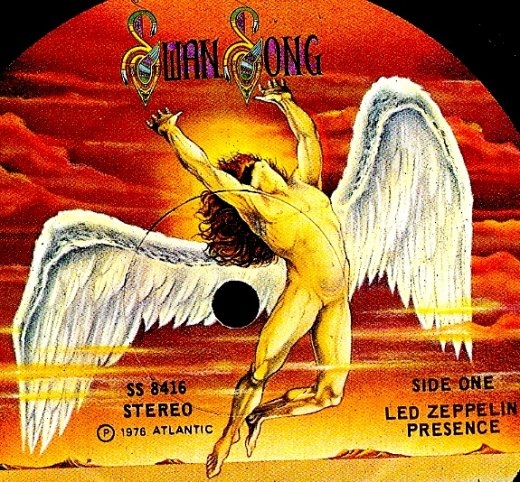
WASHINGTON POST: The Recording Industry Association of America is taking a dangerous step with its decision to stop suing suspected music sharers and start cutting off their Internet access instead. While the discontinuation of the lawsuit practice has its merits, the move opens up a whole new can of worms — one that could have serious implications for our future rights as consumers of information.
On the one hand, the shift — revealed Friday, initially in a story published in The Wall Street Journal — does mark the end of a troubling and generally ineffective process. RIAA’s past practice of independently tracking down and going after individual users has raised countless questions, most of which have focused on the group’s data  gathering methodology. The organization has filed numerous lawsuits that have appeared to be faulty, including one now-infamous instance in which it attempted to sue a deceased woman. The woman — who was 83 when she passed away — “hated computers,” her children said.
gathering methodology. The organization has filed numerous lawsuits that have appeared to be faulty, including one now-infamous instance in which it attempted to sue a deceased woman. The woman — who was 83 when she passed away — “hated computers,” her children said.
The new plan, while ending the era of problem-ridden legal attacks, appears to circumvent the law and instead put the power directly into the hands of RIAA. The group says it will work directly with Internet service providers to go after people it believes are illegally sharing files. RIAA will notify an ISP, which will then warn the user and ultimately suspend or discontinue his access if a change is not observed. “Major ISPs” are said to be on-board with the idea.
Effectively, RIAA has turned itself into the sheriff, and your ISP into its deputy. Based on the same data gathering and user identification methods that have come under fire from the start, RIAA will now be able to get your Internet access limited or discontinued on its own if it for some reason flags you as an illegal filesharer. And I’m not the only one left feeling a little wary about that. MORE
 CNET: Negotiations between Warner Music Group and YouTube over renewing the licensing agreement for the record label’s music videos broke down Friday. Early Saturday, Warner, the third largest record label, removed videos from the Google-owned video site.
CNET: Negotiations between Warner Music Group and YouTube over renewing the licensing agreement for the record label’s music videos broke down Friday. Early Saturday, Warner, the third largest record label, removed videos from the Google-owned video site.
The impasse comes at a time when all four major labels, including Universal Music Group, Sony Music, and EMI, are renegotiating their licensing deals with YouTube. YouTube has become an important revenue stream for at least one of the top labels. This week, Rio Caraeff, Universal Music’s digital chief, told CNET News that YouTube has generated “tens of millions” of dollars for the recording company this year, up 80 percent from last year.
Caraeff said that Universal and YouTube enjoy a strong relationship and that the companies are trying to expand their relationship beyond music videos. A source close to Universal said that the label will likely book nearly $100 million in video-streaming revenue–most of it from YouTube. By pulling out of the deal with YouTube, Warner loses access to the Web’s No. 1 video site, which topped 100 million visitors in October. MORE
LED ZEPPELIN: Kashmir
RELATED: Some of Warner’s most popular artists, who will no longer be available on YouTube, include Led Zeppelin, Madonna, TI, Eric Clapton, REM, Red Hot Chili Peppers, and the Grateful Dead. MORE
